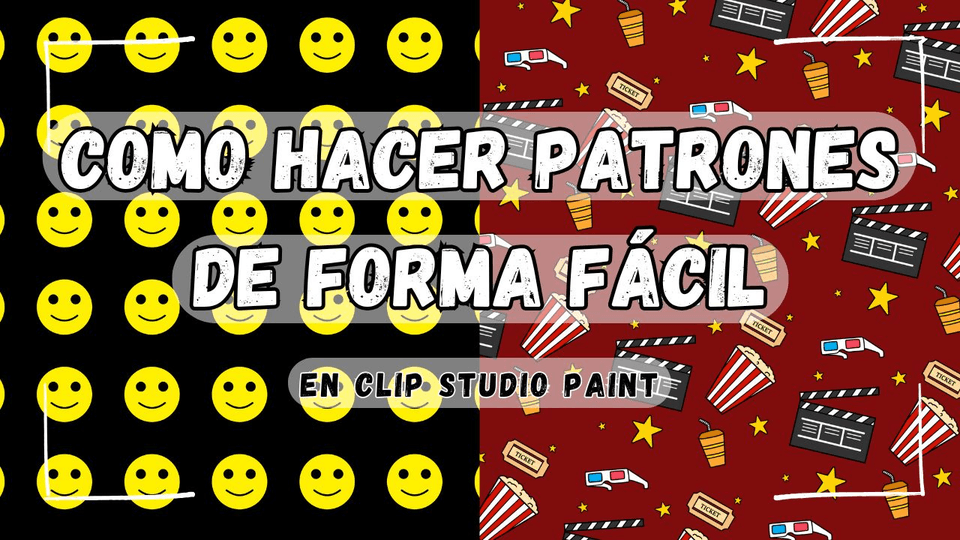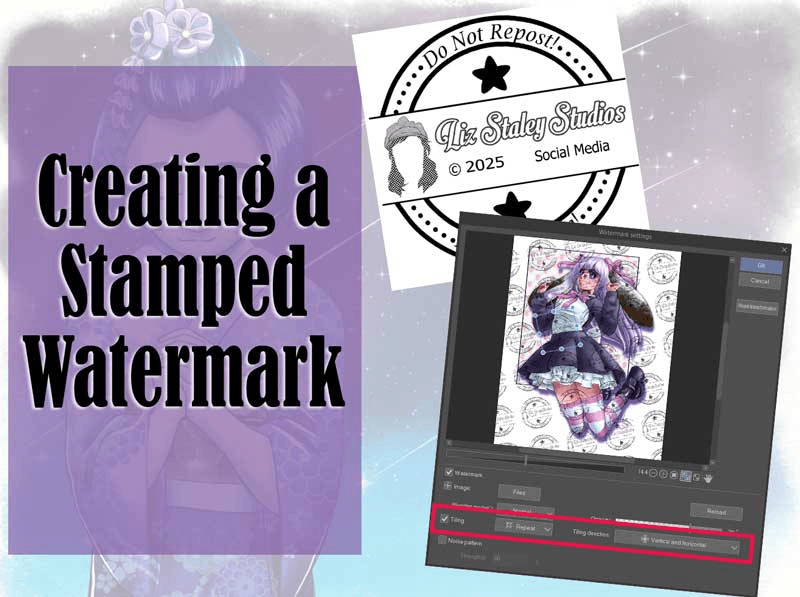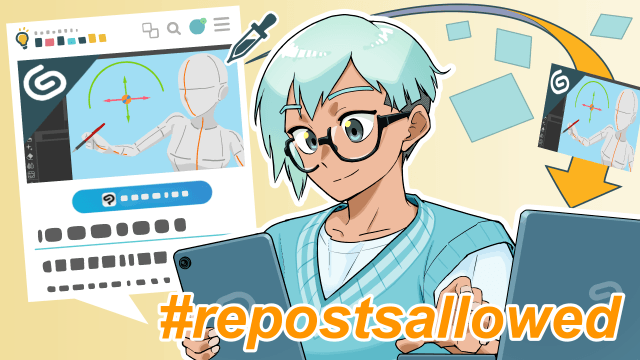The secret to drawing water
Hi 😁! Today I’m going to show you how to draw water. This is what I call a neutral tutorial, which means I’ll be giving instructions that you can basically use for almost anything! So let’s get started.
This is a water bottle, with water pouring out of it. By the end of this tutorial, you should be able to draw something like this, no problem!
So we’re gonna start with a plain canvas. Any size’ll do, as long as it’s not tiny!
Go down to the line tool (in blue) and click it. Then, click the line on the side with the three prongs.
It should like like this (above)
Next, select the rectangle tool and draw one onto the canvas.
Then, on the side, select the line tool and draw a line on the side, but not next to, the rectangle. Deselect the tool and draw normal curved lines from the rectangle leading to the straight line.
Like this!
Now lower the opacity on this layer, and create a new one.
(This step is optional: Rotate your canvas till it looks like this
Zoom in and draw the sides of the bottle. It doesn’t have to be perfect, as you can see below, mine’s a little wavy. Now draw a sideways C to connect the sides together.
Now draw 2 slanted sides leading up to the top; draw another sideways C to connect them. To add depth to the bottle, draw another curve from the C. This’ll make the 3D part of the bottle.
Start’s like this,
Ends like this.
Turn over your canvas; your bottle sketch should look like this
You may be wondering why I wrote that on the side. Well, it’s because that now the sketch is complete. Now, it’s time to fill in the bottle’s base color. First, let’s go to the color pallet and grab one.
I’m using the turquoise one (highlighted in red) but you can use any color.
Go back to the line tool and find the three prongs part again. From there, select the lasso fill tool. This’ll make it easy to color the bottle without going over the sketch all the time.
Rename your bottle layer to “bottle”, the create another layer. Move this layer under your bottle sketch, and start lassoin’ partner!
(Trace over the bottle to fill it in)
Zoom into the bottle’s opening, switch the fill color to black, and lasso in the opening.
Your bottle should now look like this:
Yay! The bottle’s done! Now make a layer below your bottle fill layer.
It’s time to draw the water, and this is where things get interesting.
When I see tutorials on drawing things in nature, I often see the people sketch out a grid, or even use lots of shapes before drawing something like a leaf.
While there’s nothing wrong with that, we need to understand that nature is not logically attached to something. While it functions according to certain laws, it itself actually very random, in a beautiful, breath-taking way.
That’s why, for the water-sketching part, let loose! Draw the water how you feel it should be drawn. Make sure it applies to the laws of gravity, but still, draw it freely! If you’re using a stylus, loosen your grip and let the pencil take you somewhere. Don’t forget to add the stray droplets going places!
Start here; switch your pen.
I drew the water in this style, but you can draw it any way you want
Your layers should look like this. Make sure to rename your water layer.
Now add another layer under your water layer. Switch to lasso fill and start coloring the water!
Now that that’s done, you can use lasso fill to draw any stray droplets coming from the stream.
Alright! Our base colors are down, but the water looks kinda like someone spilled blue ink on the paper.
Let’s add some depth to our water! Add another layer above the water fill layer, but under the water sketch. Name it “shadow”.
Next, use the pencil and draw a small stick from a certain point on the water. Right above the stick, write “light”.
Now switch to the airbrush and select a large size.
Switch the color to a darker color (or black), and draw on all the water parts around the light stick.
(I also switched the opacity to 19%)
Next, make a layer above your shadow layer. Name it “light”.
Remember our light stick? Yeah, we used it to find out where the light was so we could create shadows for our water. Water is very shiny, so we’re gonna switch our color to white, then airbrush the area above, below, and on the light stick.
It’ll look something like this
Now water is also made up of individual droplets. If we could separate the flow of water into droplets, each one would have its own light and shadow.
That’s why we’re gonna first lower the opacity for our light layer,
Then duplicate it,
(Press and hold the layer, then scroll down the options until you see ‘Duplicate Layer’)
Upon clicking the box, you’ll be able to move the light layer. Move it to a place where it doesn’t interfere with the shadow layer, but it’s still on the water.
We do the same thing with the shadow layer!
Just duplicate it, click the square tool, click that box with the stick on top again, and move the layer.
Now, I’ve tried adjusting the bottle so it’ll work with the water flow. I basically merged the bottle sketch layer with the bottle fill layer and moved it.
I didn’t like it.
So I made some edits to bottle and water. I went to the water layer and erased part of it so it would work with the bottle’s position
Now the bottle needs some depth to it too. Create another layer above it and add the shadow. Then, make a layer above that and add the light. The shadow color is up to you, as long as it’s dark.
Finally, erase the sketch.
(You can also go into your water fill layer, and add some more water lines!)
Aaaaaaaand, it’s done! Yay! 😄😄😄
You have officially drawn a water bottle, with water pouring out of it. It’s not that hard really, as long as you know where your light source is coming from.
You can use this technique for any water drawing you do, and you know, it doesn’t need to be perfect. Nature itself is lovely and not perfect. You can capture that by going outside and finding a quiet stream, or by observing a torrenting rainstorm from your window.
The secret to drawing water, isn’t in complex planning systems and such. You can find it by simply watching it.
Thanks for reading this tutorial! I hope it comes in handy. 😁
Super TIP!!!
If you want some more realistic rendering of your water, use a stylus and go over it slowly. Then, blur the final result.













Comment